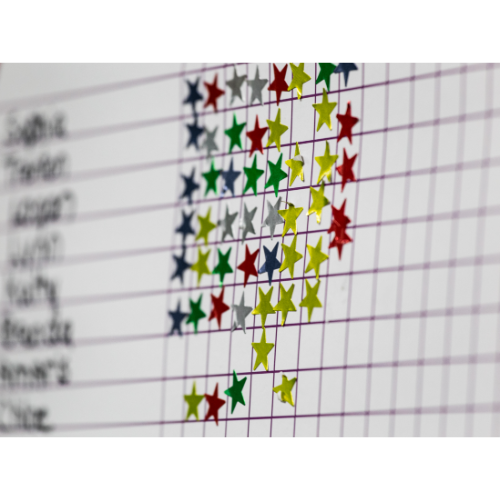October is Dyslexia Awareness Month!
October is Dyslexia Awareness Month!
Dyslexia means that someone has significant problems with reading and spelling. I like to tell students that I work with that their brain is wired differently… not bad… just different! Having dyslexia does not mean that someone will not learn to read. It just means that they might need a different approach to learning to read!









